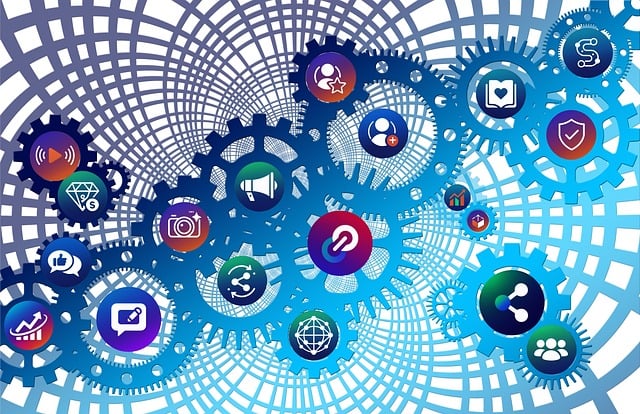The inclusion of people with disabilities remains a major challenge in many developing countries. The obstacles are numerous: lack of accessibility, social discrimination, absence of adapted services, and poverty that limits opportunities. In the face of these difficulties, social innovation emerges as a key driver for transforming the lives of people with disabilities.
What is Social Innovation?
Social innovation refers to new and creative solutions that address social problems. It can take various forms: adapted technologies, inclusive educational programs, community initiatives, or innovative public policies. The main goal is to promote autonomy, inclusion, and the well-being of marginalized populations.
How Social Innovation Promotes Inclusion
Adapted Technologies: Mobile applications, communication devices, or specialized equipment allow people with disabilities to fully participate in social, economic, and educational life. For example, low-cost prosthetics or screen-reading software for visually impaired people make learning and work more accessible.
Inclusive Education: Tailored educational programs and innovative vocational training enable people with disabilities to acquire skills and access decent employment. This helps break the cycle of poverty and promotes equal opportunities.
Community Initiatives: Local associations and community projects foster social inclusion by creating accessible spaces and collective activities. These initiatives strengthen social bonds and raise awareness about diversity and equality.
Innovative Public Policies: Some governments implement incentive measures and inclusive programs, such as employment subsidies or accessible infrastructure, to ensure equal rights for everyone.
The Impact of Social Innovation
Thanks to these solutions, people with disabilities gain autonomy and confidence. They participate more actively in economic, social, and cultural life. Social innovation also helps raise societal awareness and reduce prejudice. Finally, it creates sustainable development models, where everyone has the opportunity to contribute to collective progress.
Social innovation is a powerful tool for the inclusion of people with disabilities in developing countries. By combining technology, education, community initiatives, and public policies, it is possible to build a more just and equitable society. Supporting these innovations gives everyone the chance to realize their potential and actively contribute to their country’s development.
